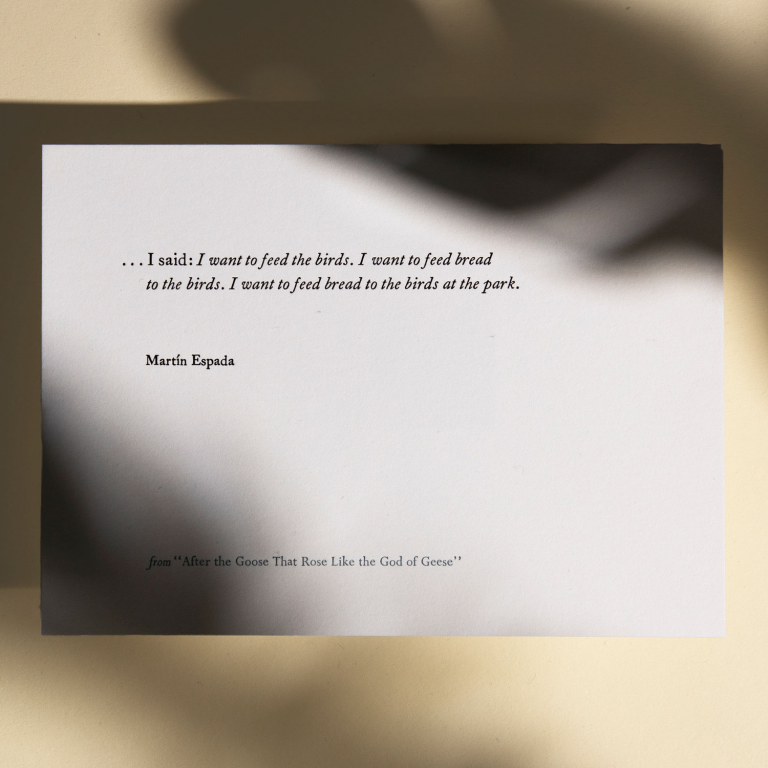Cheri Maples Showed Me How Blessed Our Lives Were, No Matter What Was Happening
My friend Cheri Maples died just a few weeks ago. I first met her in 2003, when I went to Madison, Wisconsin to give a talk. That following morning, my friend and I went to meet Cheri for breakfast. She was still serving on the police force at the time, and Eileen and I turned out to be the only customers in the diner not in uniform. That was a new experience!
Cheri was a devoted student of the Vietnamese Zen teacher Thich Nhat Hanh by then and a big advocate for criminal justice reform, training police officers (and others) in seeing unconscious bias, and supporting those working on the front lines of suffering to learn how to restore, how to not burn out, how to make better decisions, and, generally speaking, how to spread more love in this world.
That same year she brought Thich Nhat Hanh out to Wisconsin to lead a non-sectarian mindfulness retreat. About 50 police officers attended, which was chronicled beautifully in Cheri’s interview with Krista Tippett.
I remember Cheri and her partner Maureen showing me, with a flourish, the Center for Mindfulness and Justice they had co-founded. Basically, it was a desk in the living room. Always at the ready to try to make this a better world, the two visionaries behind that desk spawned many adventures — one with Cheri and Maureen taking me to some remote spot in Wisconsin to teach in a men’s prison. We spent many hours with the men, and it was a wonderful day. We had lunch there, which was not so wonderful, including finding maggots in the food. We each ate just an orange in the end.
Cheri and I stayed on to lead a group for some of the psychology staff at the prison, while Maureen and a few friends who had come with us left to go back to Madison. One friend was taking several things back for Cheri and inadvertently took all of Cheri’s money as well. When Cheri and I finally left, we realized two things simultaneously — that we only had the $10 bill I had tucked into my iPhone case and that we needed gas.
We were so hungry too. We spent the $10 on gas and scrounged around the car for loose change on the floor, in the glove compartment, between the seats. We found just enough money to buy a cup of coffee and a small bag of pretzels. Both Cheri and I had experienced being relatively poor at earlier points in our lives, and we just sat and looked at each other over our hoard: “Don’t forget this feeling. Lots and lots of people live this way. Living this way, you can get awfully desperate.”
In contrast to that afternoon, most of the time, together and apart, Cheri and I felt very rich. Not always in material goods, but always in loving friendships, in having a sense of meaning in life, in having inspiring mentors and guides. We would often reflect to one another how essentially blessed we felt our lives were, no matter what was happening.
In September Cheri was had a devastating bicycling accident and was paralyzed from the chest down. “What was happening” was suddenly cataclysmic and awful — feeling blessed seemed a pretty big reach. And yet, as far as I could tell, she really seemed to feel that way, without artifice. Why pretend anything at that point? I began to adjust to the new normal — Cheri paralyzed from the chest down — as she had as well. Cheri was talking about playing sports from her wheelchair, teaching meditation, going on and experiencing life fully.
Then she suddenly died.
The circumstances of hearing about her death were somewhat strange. I was the last speaker at a half-day conference, and conferences being what they are, we were running a little late. The only break of the day shrank from 15 minutes to five minutes. During those five minutes, I turned on my phone to see if I could check my email. As it turned out, there was just enough Wi-Fi for me to see the subject line of each email but not enough to download a single one of the messages.
“I was so sorry to hear” was the first subject line I read, from someone I knew through the world of meditation but not really as a friend. “So sorry?” I thought, “About what?”
I kept scrolling.
The next message I attempted to download was from someone I felt more directly connected to. It had a similar subject line, “So very sorry,” but no actual message could be had. I kept scrolling, kept reading headers of “sorry” and “sorrow” and “sadness.” I read enough of those, from a wide enough variety of people, to start to think, “Someone must have died. I wonder who died?”
It was time to begin the last few sessions of the conference. I dutifully put away my phone but my mind kept skipping through various people I knew who were ill or quite elderly or into extreme sports or simply into extremes. “Was it them?” “Was it her who died?” “Him?”
With each name I speculated about, I found myself trying on the grief associated with that particular loss, almost like a rehearsal. After a few minutes of this I knew that I would have to check, so I did the very rude thing of pulling out my phone, even though people were speaking, turning it on, and scrolling through enough subject lines to see that it was Cheri who had died. It was shocking because it had seemed like she was doing so well, but it felt, too, that somehow she would have been at peace.
Later I heard that soon before she suddenly became sick, Cheri had been talking to Eileen about rejoicing in the blessings of her life, the love surrounding her. She also spoke of being ready to die.
Eileen posted online:
“Cheri would want to tell each of you how moved and grateful she has been for your love, prayers, kindness, generosity, and every kind of support. Yesterday morning (just 12 hours before an infection swept through her body, 24 hours before she died) Cheri said to me, ‘I have lived such a good life.’”

